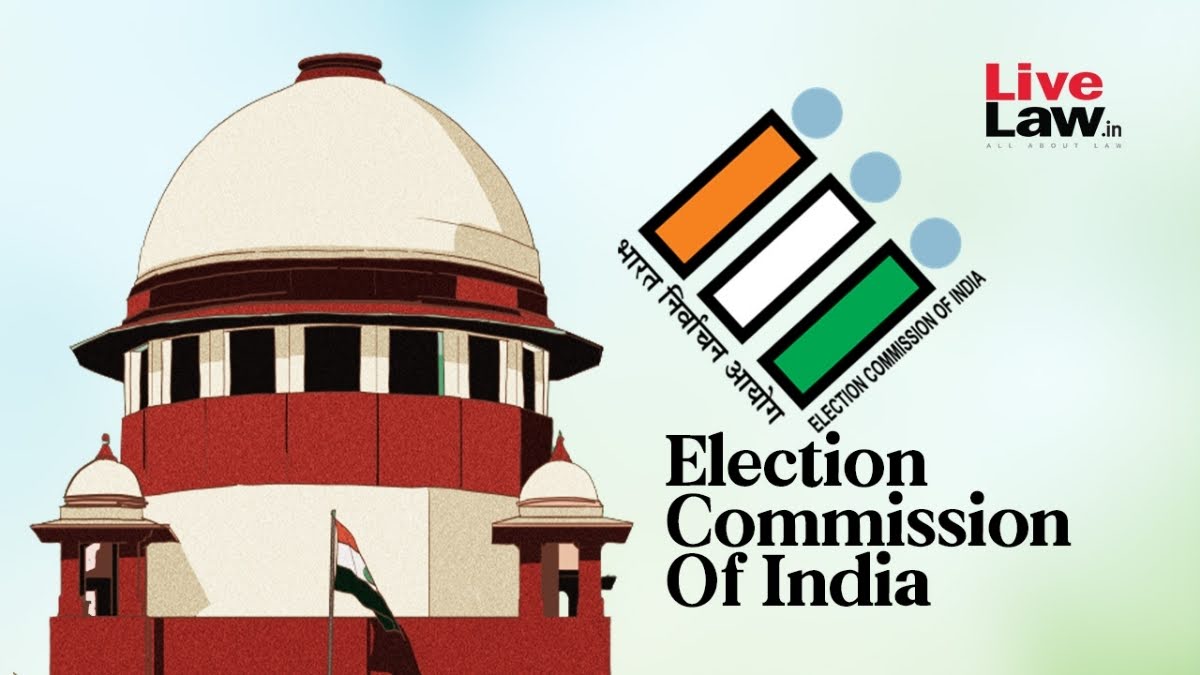
The Election Commission of India (ECI) is a beacon of democracy, ensuring free and fair elections across the country. Established on 25 January 1950, this constitutional body has been pivotal in strengthening India’s democratic fabric. Let’s delve into the origins, functions, and significance of this vital institution, which operates from its headquarters at Nirvachan Sadan, Ashoka Road, New Delhi.
Formation and Historical Milestones
The Election Commission of India was formed just days before India became a republic, emphasizing the nation’s commitment to a democratic framework. The date, 25 January 1950, is now celebrated as National Voters’ Day, recognizing the Commission’s enduring role in empowering voters.
Over its 74-year history, the ECI has evolved into a robust body, introducing reforms, adopting technology, and upholding electoral integrity. Its jurisdiction spans across India, covering the largest electorate in the world.
Structure of the Election Commission of India
The Election Commission operates as a multi-member body, headed by the Chief Election Commissioner (CEC) and supported by two Election Commissioners. This structure ensures checks and balances while maintaining neutrality in decision-making.
- Chief Election Commissioner: The CEC is the head and the public face of the Commission.
- Election Commissioners: Two other members work alongside the CEC to handle the immense task of managing elections.
The team is backed by a workforce of around 300 employees, enabling the seamless execution of its duties.
Core Functions and Responsibilities Election Commission of India
The primary role of the Election Commission is to conduct free, fair, and transparent elections for various legislative bodies, including:
- Lok Sabha (House of the People)
- Rajya Sabha (Council of States)
- State Legislative Assemblies
- State Legislative Councils
- President and Vice President of India
Election Management
From preparing electoral rolls to announcing poll dates, the ECI meticulously plans every step of the election process. Its responsibilities include:
- Delimitation: Determining the boundaries of constituencies.
- Voter Registration: Maintaining updated and accurate electoral rolls.
- Model Code of Conduct: Ensuring all political parties and candidates adhere to ethical campaigning practices.
Significance of National Voters’ Day
Every year on 25 January, India observes National Voters’ Day, commemorating the Commission’s foundation. The day aims to:
- Encourage voter participation.
- Highlight the importance of informed and responsible voting.
- Celebrate new voters by distributing voter ID cards.
The initiative has significantly boosted voter turnout, especially among the youth.
Innovations and Reforms
Over the decades, the ECI has embraced technology and innovation to enhance electoral processes.
Electronic Voting Machines (EVMs)
Introduced in the 1980s, EVMs revolutionized the voting process by ensuring accuracy and reducing vote tampering. Today, they are complemented by Voter Verified Paper Audit Trails (VVPATs) for added transparency.
Digital Platforms
The ECI leverages digital tools, such as:
- Voter Helpline App: Facilitating easy access to voter information.
- National Voter Service Portal: Streamlining voter registration and grievance redressal.
Challenges and Criticisms
Despite its achievements, the Election Commission faces challenges such as:
- Political Pressure: Ensuring independence from government influence.
- Fake News and Misinformation: Combating propaganda that misleads voters.
- Voter Apathy: Addressing declining voter turnout in urban areas.
The Commission remains resilient, addressing these issues through awareness campaigns and stricter regulations.
The Election Commission of India is lauded internationally for managing elections in the world’s largest democracy. Its efficiency, especially during the General Elections, which involve over 900 million eligible voters, is a testament to its organizational excellence.
Future Outlook Election Commission of India
The ECI is continually working to strengthen democracy by:
- Enhancing voter education.
- Implementing blockchain-based remote voting systems.
- Collaborating with international electoral bodies for best practices.
As India approaches its next General Elections, the Election Commission’s role will be more critical than ever in safeguarding the democratic process.
Conclusion
The Election Commission of India is more than just an administrative body; it is a pillar of India’s democracy. From its formation in 1950 to its modern-day innovations, the ECI ensures that every voter’s voice is heard. As it celebrates its 74th anniversary, the Commission continues to inspire trust and uphold the values of free and fair elections, reaffirming its role as the guardian of India’s democratic ethos.







